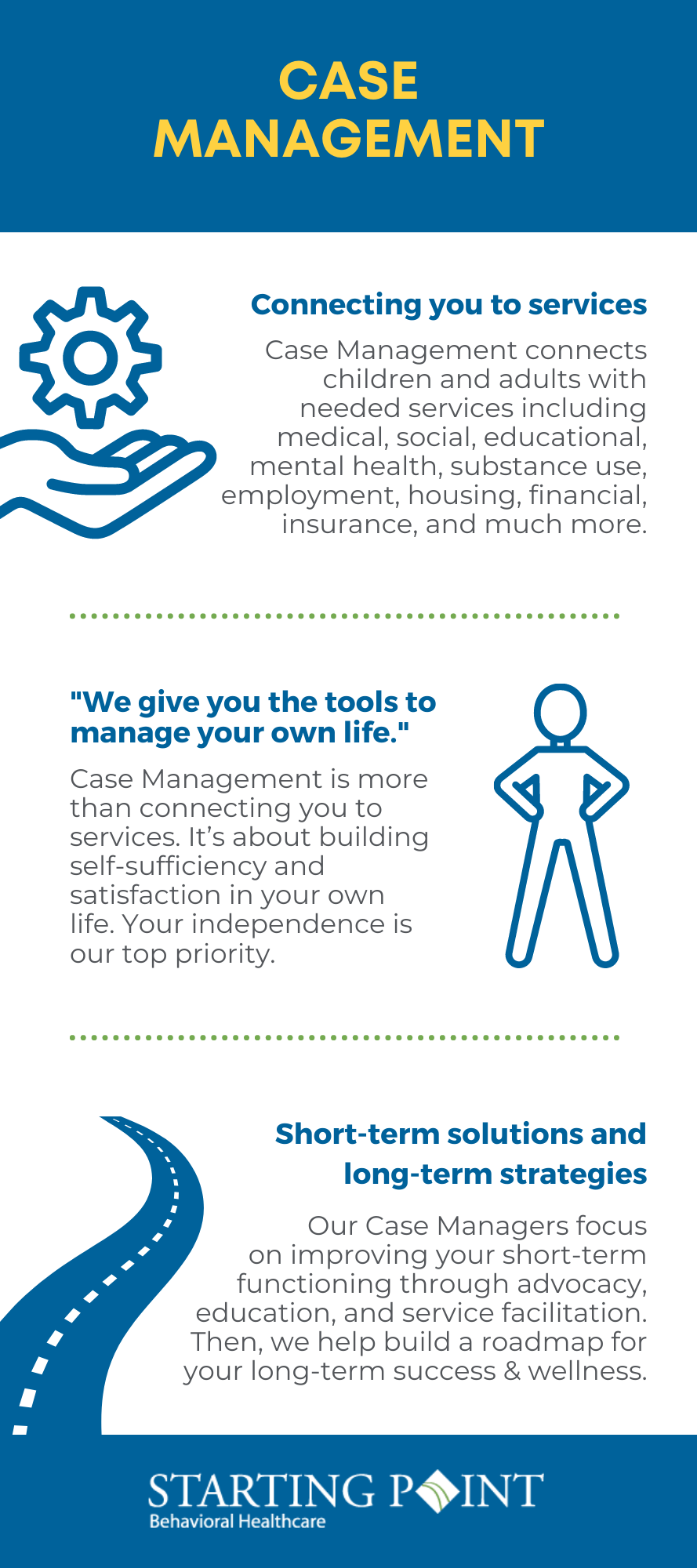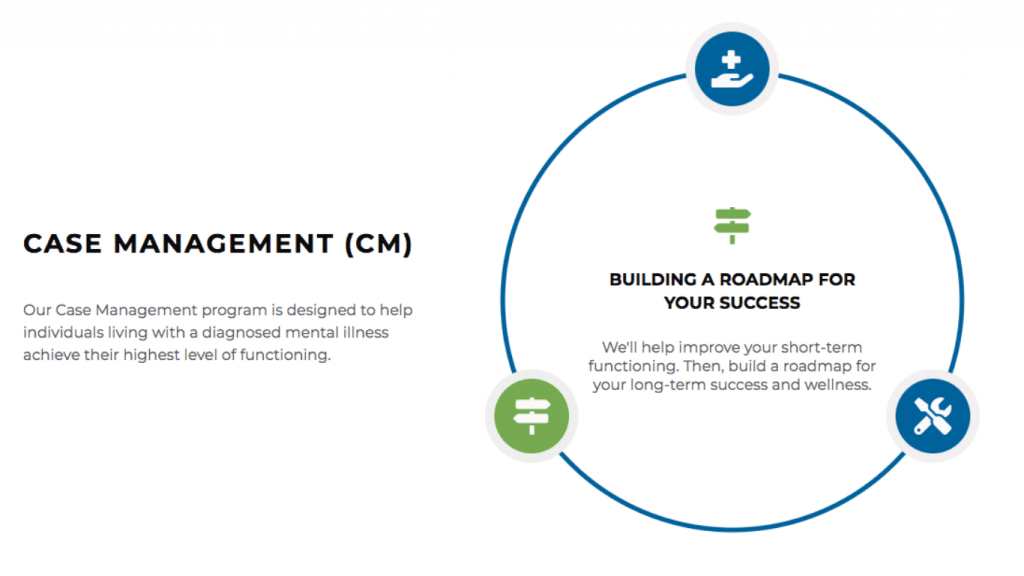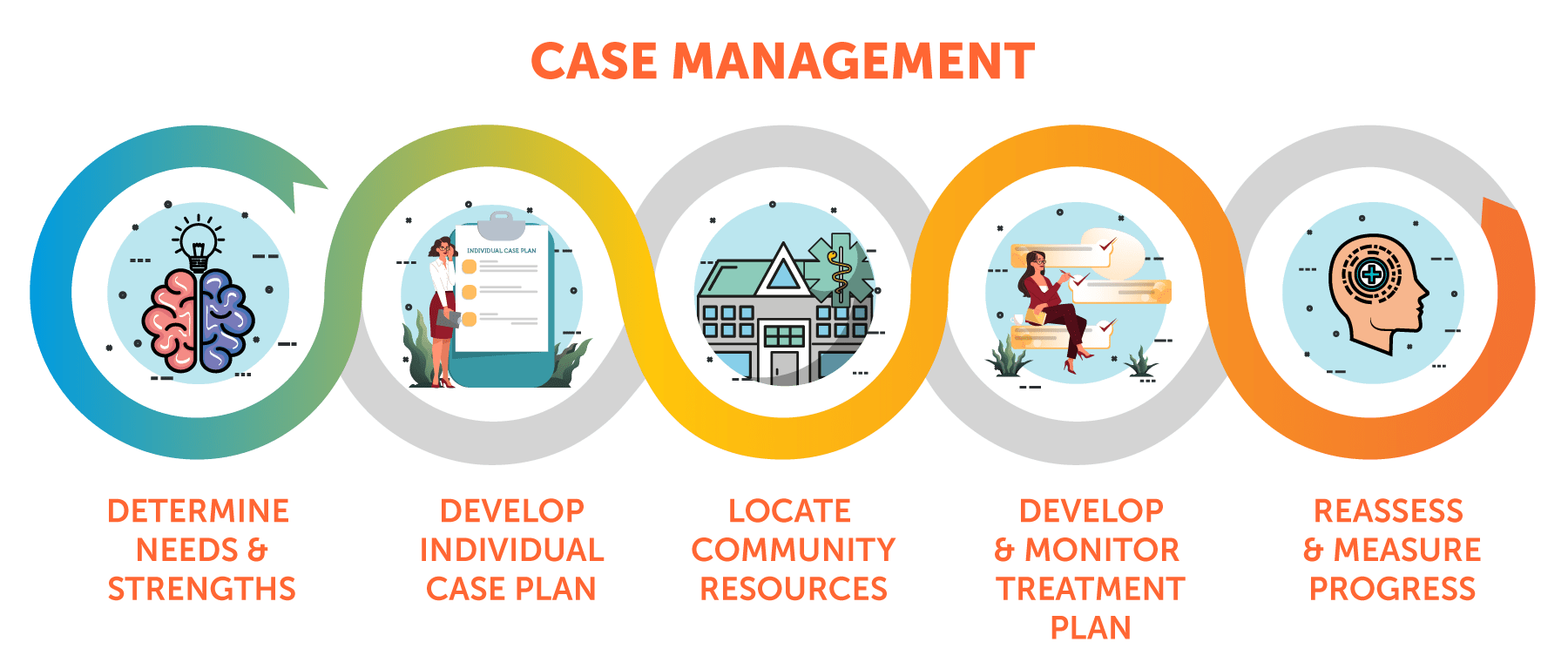What comes to mind when you hear the term “Mental Health Case Manager”? You might picture someone diligently working behind the scenes, coordinating care for individuals facing mental health challenges. In a world increasingly aware of the importance of mental wellness, understanding the role and significance of a Mental Health Case Manager can be incredibly beneficial—not just for those in the field, but for anyone seeking help or support for mental health issues.
What is a Mental Health Case Manager?
At its core, a Mental Health Case Manager is a professional dedicated to supporting individuals dealing with mental health issues. This role often involves a unique blend of clinical understanding, empathy, and organizational skills, all aimed at helping individuals navigate their mental health journeys. You’re not just a caretaker—this role is about fostering independence and promoting recovery in a compassionate and supportive environment.
Responsibilities of a Mental Health Case Manager
The day-to-day responsibilities can vary, but many case managers find themselves immersed in a variety of tasks. Here’s a breakdown of what that might look like:
| Task | Description |
|---|---|
| Client Assessment | Conducting comprehensive assessments to understand the client’s mental health needs. |
| Care Planning | Developing individualized care plans in collaboration with the client and other professionals. |
| Resource Coordination | Connecting clients to appropriate services, whether they be therapy, medication management, or community resources. |
| Monitoring Progress | Regularly checking in on clients’ progress and making adjustments to care plans as necessary. |
| Advocacy | Advocating for clients’ rights and assisting them in navigating systems that can sometimes feel overwhelming. |
Each of these responsibilities works together to create a supportive safety net for individuals embarking on a challenging journey toward mental wellness.
The Importance of Mental Health Case Managers
With the rising awareness surrounding mental health, the role of case managers is becoming increasingly crucial. You might wonder how significant they truly are in the broader mental health landscape.
Supporting Individuals and Their Families
Mental health challenges don’t just affect the individual; they ripple out, impacting families and communities too. Mental Health Case Managers play an essential role in ensuring that both clients and their families have access to the support and resources they need. This holistic approach can make a substantial difference in recovery, as families are often integral to a person’s support system. By providing guidance and education, case managers help demystify the mental health processes, empowering families to play a more active role in their loved one’s care.
Bridging Gaps in Mental Health Care
Unfortunately, navigating the mental health system can be bewildering and often intimidating. Mental Health Case Managers act as navigators, guiding you through the complexities of what can often feel like a labyrinth of services. They ensure that you receive comprehensive care, from initial assessments to ongoing support, reducing the anxiety that often accompanies mental health challenges. Their role is essential in bridging gaps that can exist in traditional healthcare settings.

This image is property of www.spbh.org.
Skills Required to be a Mental Health Case Manager
Being a Mental Health Case Manager requires a specific set of skills that go beyond mere clinical knowledge. Let’s break down some essential skills that are beneficial in this field.
| Skill | Description |
|---|---|
| Active Listening | Truly hearing and understanding a client’s concerns fosters a trusting relationship. |
| Empathy | Being able to put yourself in someone else’s shoes helps in providing compassionate support. |
| Problem-Solving | Often, clients face obstacles that require creative solutions to navigate effectively. |
| Communication | Clear communication is vital for coordinating with various professionals and clients. |
| Organizational Skills | Managing multiple cases requires excellent organizational abilities to ensure no one slips through the cracks. |
Having a combination of these skills enables you, as a case manager, to provide the best support possible to your clients.
Education and Training
So, how do you become a Mental Health Case Manager? The pathway can vary, but most positions require a certain level of education and training.
Basic Educational Requirements
Typically, a bachelor’s degree in social work, psychology, or a related field is essential. Some positions may require more advanced degrees, such as a master’s in social work (MSW) or counseling. Your educational background will lay the foundation for understanding the complexities of mental health issues.
Relevant Certifications
Obtaining additional certifications can enhance your qualifications as a Mental Health Case Manager. For instance, certifications from organizations like the Commission on Accreditation for Rehabilitation Facilities (CARF) or the National Association of Social Workers (NASW) can demonstrate your commitment and expertise in the field. These credentials can also help you stand out in a competitive job market.
On-the-Job Training
Practical experience is crucial, often gained through internships or entry-level jobs in mental health settings. This hands-on training can be invaluable, allowing you to apply theoretical knowledge in real-world situations. Working under the mentorship of seasoned professionals can offer insights into the nuances of case management that aren’t taught in classrooms.

This image is property of www.spbh.org.
The Role of Case Managers in Different Settings
Mental Health Case Managers can work in a variety of settings, and each environment comes with unique responsibilities and challenges. Let’s take a closer look.
Community Mental Health Centers
In community centers, case managers often provide services to those who may not have access to private care. You may find yourself working with individuals from diverse backgrounds, facing various challenges. This role emphasizes the importance of culturally competent care and understanding your clients’ backgrounds and individual circumstances.
Hospitals and Inpatient Facilities
In inpatient settings, case managers are tasked with developing discharge plans for individuals preparing to leave the facility. Here, your role becomes pivotal in ensuring continuity of care as clients transition back to the community. You’ll coordinate with outpatient services and providers to guarantee that clients have a plan in place for their ongoing mental health needs.
Private Practice
Some Mental Health Case Managers work within private practices alongside therapists, psychiatrists, or psychologists. In these settings, your focus often leans towards coordinating care between clients and providers, ensuring that everyone stays on the same page. You may also work more closely with a smaller number of clients, which can foster deeper relationships.
School-Based Settings
In schools, mental health case managers are often tasked with supporting students with emotional or behavioral challenges. You may collaborate with teachers, parents, and other professionals to create supportive environments for students, helping them succeed academically and socially.
Challenges Faced by Mental Health Case Managers
The work can be incredibly rewarding, but you should also be aware of the challenges that come along with the role. Understanding these hurdles can prepare you for the realities of the position.
High Caseloads
One prevalent challenge is managing high caseloads, which can lead to burnout and decreased access to quality care for clients. You may find yourself stretched thin, making it difficult to give each client the attention they deserve. This makes it essential for you to prioritize self-care and seek support from your colleagues and supervisors.
Bureaucratic Barriers
Navigating the administrative aspects of mental health care can often feel burdensome. Paperwork, funding limitations, and insurance issues can create barriers that complicate your ability to provide seamless care. Staying informed about changes in policies and practices can help you advocate for your clients more effectively.
Emotional Strain
Finally, the emotional toll of witnessing clients struggle with mental health issues can be significant. Finding ways to manage your emotional health is paramount to maintaining your effectiveness in the role. Supervision, peer support, and engagement in restorative practices can help mitigate this emotional strain.

This image is property of www.planstreetinc.com.
The Future of Mental Health Case Management
As our world continues to evolve, so too does the field of mental health case management. It’s worth considering how the landscape might change and what that means for professionals like yourself.
Telehealth and Technology
The rise of telehealth services has significantly expanded access to mental health care. Mental Health Case Managers are now adapting to new technologies to provide remote support. This shift can enhance accessibility, allowing you to reach clients who may have difficulty attending in-person appointments.
Increased Awareness and Advocacy
As more people prioritize mental health, the demand for qualified case managers is likely to grow. Advocacy efforts are also accelerating policies that promote mental health awareness and access to care, potentially leading to better resources for professionals and clients alike.
Interdisciplinary Collaboration
Future trends may also point toward greater collaboration among interdisciplinary teams, where case managers work closely with various healthcare providers. This integrated approach can lead to a more holistic understanding of a client’s needs, resulting in more effective and comprehensive care.
How Individuals Benefit from Mental Health Case Managers
If you’re seeking help for mental health issues, knowing how a case manager can assist you can empower you to take the next step in your healing journey.
Personalized Attention
Having a dedicated individual focused on your specific needs can be incredibly advantageous. They will take the time to understand your unique circumstances, preferences, and goals, tailoring their approach to support your recovery.
Comprehensive Support
Gaining access to a network of resources and services can make a monumental difference. Your case manager can connect you with therapists, support groups, and community programs that fit your needs, providing you with the comprehensive support necessary for your mental wellness.
Guidance in Crisis Situations
During moments of crisis, having a Mental Health Case Manager by your side can be reassuring. They can help de-escalate situations, provide immediate support, and ensure you receive the help you need when it matters most.

This image is property of alifescompass.com.
Conclusion
In the complex tapestry of mental health care, the role of a Mental Health Case Manager is vital and multifaceted. By understanding this role, you can appreciate the dedication it requires and the profound impact it can have on individuals struggling with mental health challenges. Whether you’re considering this path for yourself, looking to support someone who might benefit from a case manager, or are simply curious about the mental health field, knowing about Mental Health Case Managers can empower you. Every day, case managers work to build connections, create networks of support, and champion the mental health needs of individuals, families, and communities, making a difference one person at a time.
